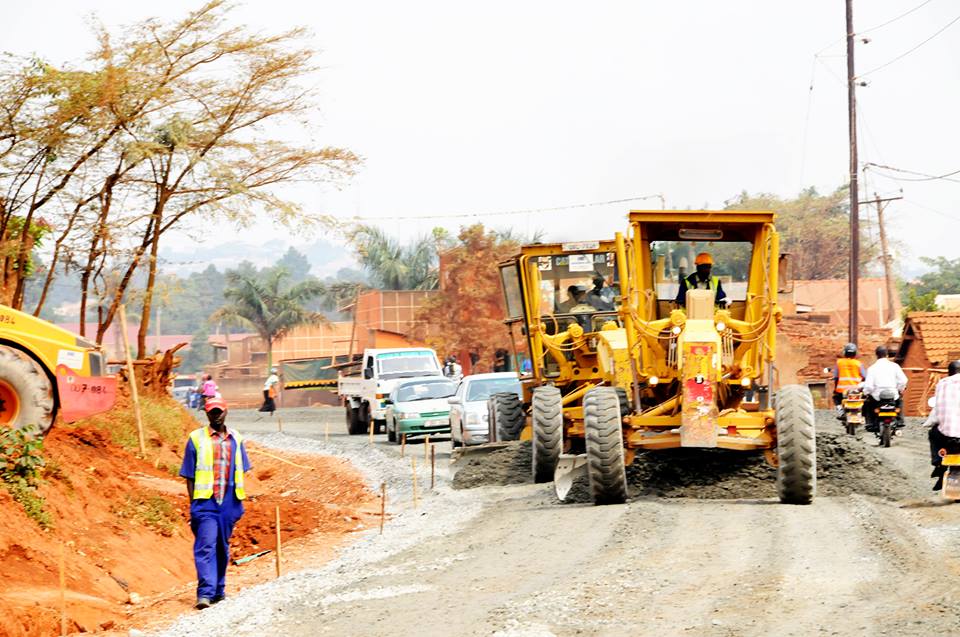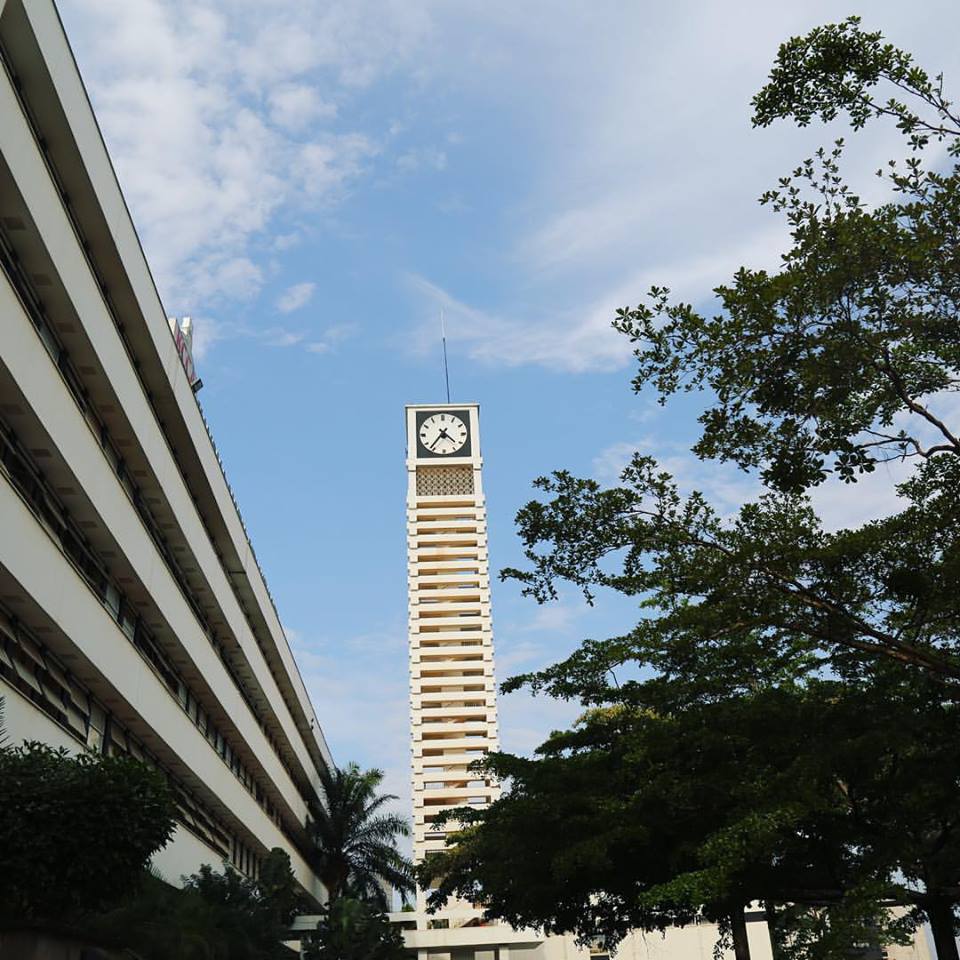The Kampala Capital City Authority (KCCA) has entered a partnership with the World Bank to develop the first ‘Climate Smart Capital Investment Plan’ (CIP).
The CIP is a tool that will allow Kampala to enhance its emergency in the international financial market, enhance its credit rating for financial benefit and prioritise capital projects for funding. This is the world’s first CIP in developing countries. It all started when Kampala achieved a credit worthiness status in 2015.
“Kampala is uniquely situated in the world to take perfect advantage of this model as a new entrance to the international financial market,” said Jan Whittington, a Professor of Urban Design and Planning at the University of Washington in Seattle, USA.
The Kampala Climate Change Action Strategy is KCCA’s Roadmap to ensure the City’s development path takes a low emission approach, builds resilience and maximizes the co-benefits of efficiency, economic diversity and human wellbeing. The Climate Change Strategy builds on the ambition of the Strategic Plan 2014 – 2019 to transforming Kampala City into an attractive, vibrant and sustainable world class City.
“Kampala is uniquely situated in the world to take perfect advantage of this model as a new entrance to the international financial market,” Professor Jan Whittington from the University of Washington also complimented.

of city physical infrastructure recently
The climate change strategy also provides a framework for KCCA to contribute to the national and international ambitions on climate change response.
The World Bank said Uganda’s urbanisation clock has already started to tick: between 2002 and 2010, Uganda’s urban population grew by 5.6 percent, almost twice as fast as the rural population. As a result, Kampala is projected to become a mega-city of over 10 million by 2030, and other regional and strategic cities will also see a demographic explosion. With this increasing pool of urban residents, local government authorities have to be able to secure the basic social services and facilities for the urban population.







